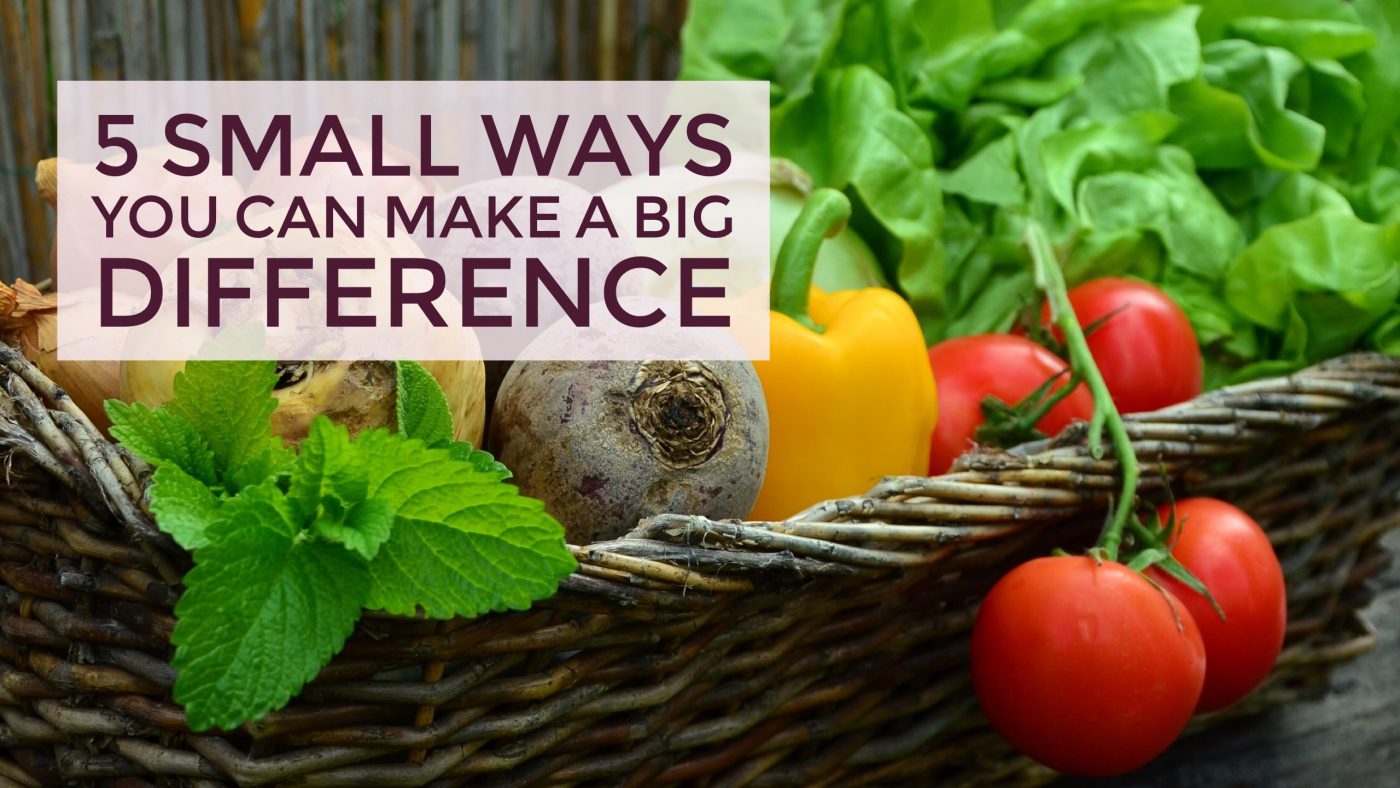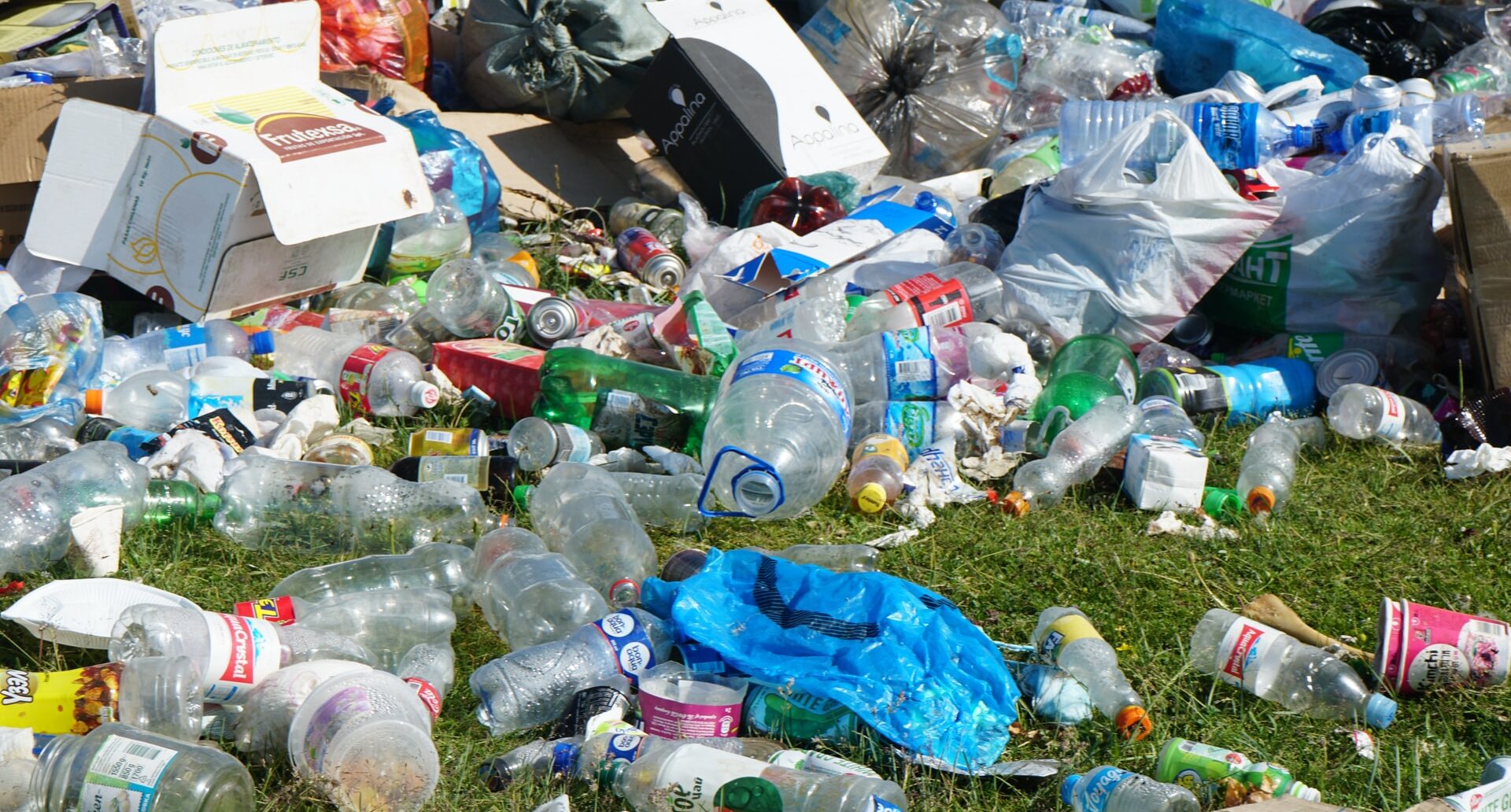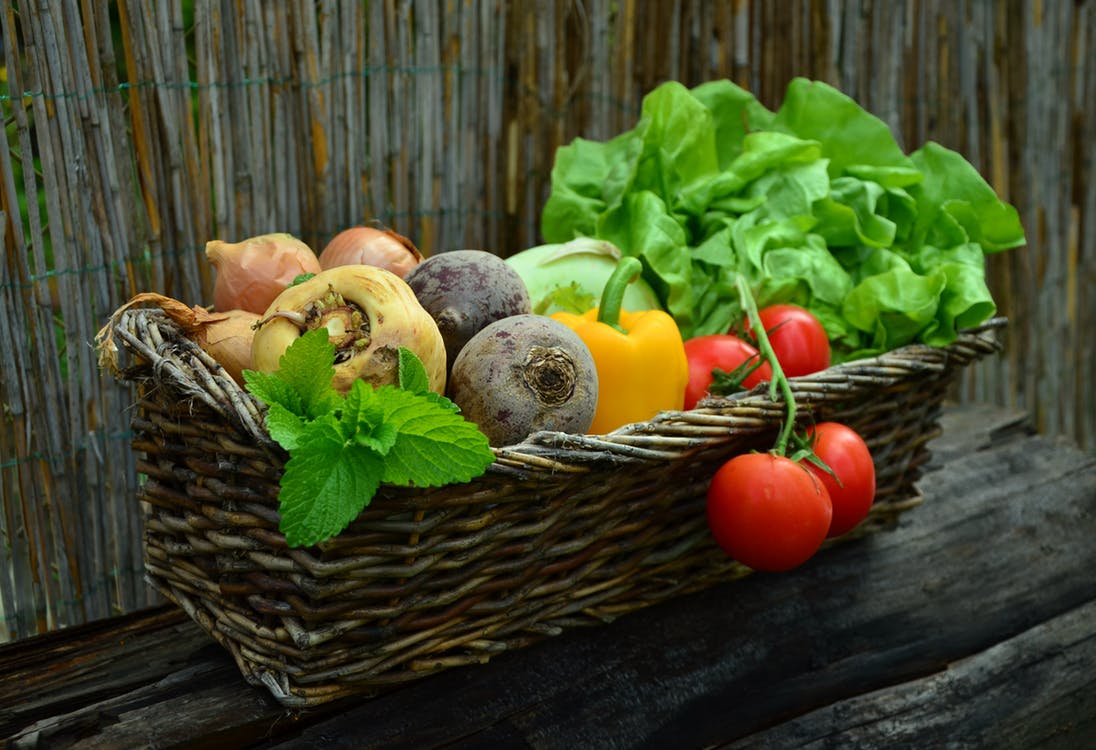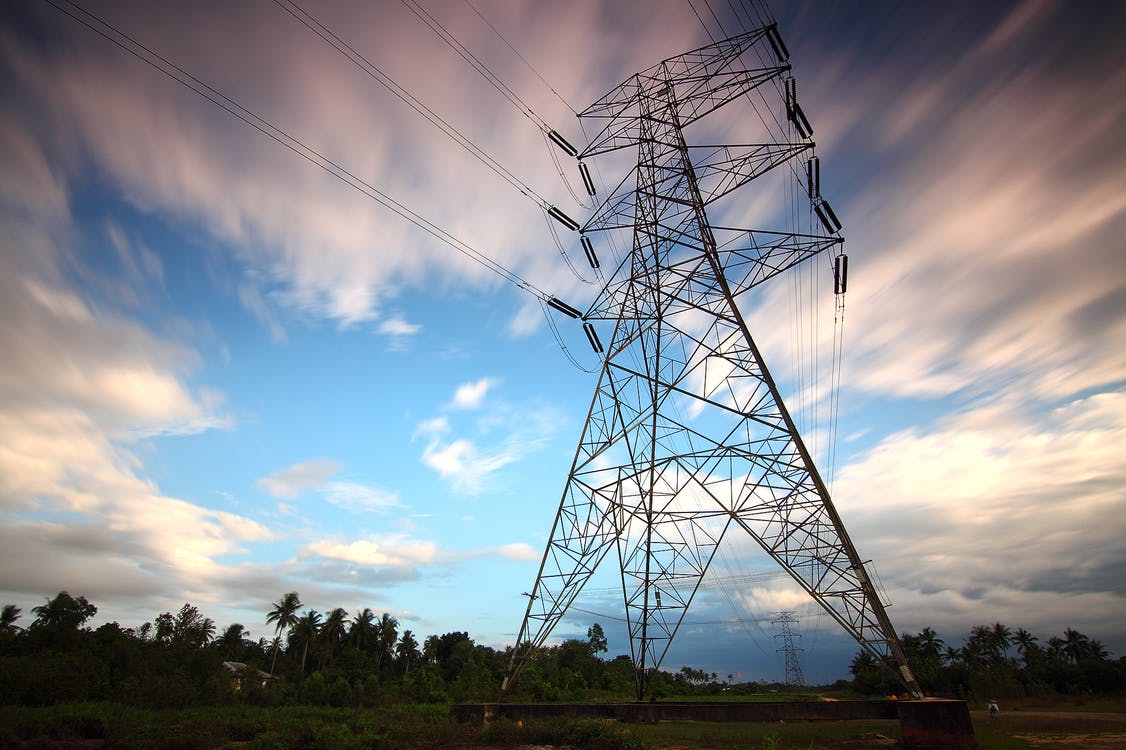One of the effects of doing yoga regularly is that you start to become more aware of things. You start to become more aware of how your body feels. You start to become more aware of thoughts and emotions. Possibly you may even start to become more aware of your reactions to things or a shift in your values. Once we start to notice shifts within ourselves, we become more discerning about the choices we make in our lives. Some people become vegetarian because they take the Yama of Ahimsa more seriously (See my article on this first principle here), or others start to lead a healthier lifestyle and cut back on habits that may be unhealthy and opt for more wholesome lifestyle choies.
This brings me to the main topic of this article 5 Small ways you can make a BIG difference. This are just the 5 areas where I personally have made changes in my life, so I thought I’d share these with you and maybe you can decide if anything resonates with you. Start small, by making little positive changes in how you live your day-to-day life, these positive changes can have big ripples across your families, communities, cities and the world. We can dream up idealistic, elaborate ways of “going off the grid” or being “completely self-sufficient”, but honestly, to do that is pretty extreme and often very expensive – and unnecessary. With these small changes in lifestyle I list here, you can lessen your load on your city’s resources and actually have quite a rewarding experience in some learning new things.
So here is my list, it’s not exhaustive and I’m sure there are many ways to make a change, but these are 5 areas in which I have chosen to lessen my impact on my city.
1. Reduce your waste
Do you ever think about where the stuff goes that you throw into your dustbin? I mean other than into the bigger bin and then off on the big truck each week? Where does that magic truck all your waste? I’m talking about your food waste , packaging, glass bottles, tin cans, boxes etc? It gets shuttled off to a landfill. What is a landfill? By definition it is a big excavation in which all the waste gets dumped. However, because of the size of the cities and populations, these days the “landfills” have literally become mountains of rubbish. There is simply not enough space for our junk to go anymore. More and more, cities around the world are starting to realise that the big holes they are filling with everyone’s junk, have become mountains and are not the right solution to deal with city waste. NOt to mention the toxins that seep into the ground and possibly spread into the ocean.
Recycle! Become aware of what you buy, that can be recycled (here is a list to help you). Glass, tins, paper, plastic, e-waste. Get informed and see whether your city’s municipality collects recycling from your area. If not, there are many drop off places where you can take your recycling around the city (Cape Town Greenmap has a good list). It is a bit of an inconvenience dropping it off yourself as you have to store it somewhere and then you actually have to load it into your car, then drive there and drop it off – BUT – you’ll see firsthand how much recyclable stuff you accumulate and how quickly. And then you have to wonder, if you don’t recycle, where does it all go. Hopefully, this will also start to impact your buying habits and how you reuse items.
There are also companies who will collect your recycling from you for a monthly or weekly fee. Google this and shop around for prices and services that suit you. Some collect only paper and plastic and others collect more items. Either way, if you drop it off yourself or get it collected, you’ll still need to rinse your containers that had food or drinks in. Remember to be mindful of not using too much water (I’ll come to that just now). If you are in an office, look into having your office paper and waste collected for recycling too.
Reuse – see what you can buy the can be repurposed either in the garden or kitchen or for a craft project.
TIPS:
- Don’t buy bottled water – get yourself a bottle that you refill.
- Get a takeaway coffee cup you can refill each morning at your favourite barista
- Don’t use straws
- Get reusable bags for your shopping
- Don’t print out unnecessary things
- Buy refills as much as possible
- Most plastic is not recyclable, so reduce what plastic you buy or take when you get take aways
Links:
Infrastructure News
2. Grow your own food
Start to notice what fresh produce you buy regularly and think about growing some of that yourself. Even if you live in a flat, growing herbs and vegetables in pots and containers is totally possible, in some ways easier than in a garden.
There are countless sites with suggestions ideas and tips on how to grow vegetables in garden, balconies or indoors. I started doing this last year, and it is a very rewarding and challenging thing to do. You need to be consistent, patient and curious. Look around the area where you live and see if your local nursery offers courses for home gardening. I did the course through Soil for Life and it was so much fun and it’s also an absolutely incredible place and organisation. I’ve had a lot of fun learning new things, a lot of frustrating times battling pests and insects but it’s so exciting when you make a meal and a lot of the food on your plate comes from your own efforts. The other cool thing is when you have too much produce, you can share your abundance with your friends and family.
Growing your own food is a great way to lessen the burden on supply for produce and it’s rewarding when you go pick your own herbs or veggies for your meal.
TIPS:
- Vegetables and herbs are seasonal so do a little research first when the best is time to plant your favourites.
- Do be consistent and persistent – you need to tend to your plants everyday to check if they need water, food or for pests.
- Go for organic and natural fertilisers and pest control – you don’t want to be using products that are toxic to you or your environment. The responsibility is on you to make sure you understand the ingredients on products and sources of items before you choose to use them.
- Choose your space wisely and consider the sun, wind and other elements that might affect your plants
- Have fun and keep an open mind and don’t get demotivated when you hit setbacks – keep going 🙂
3. Compost your organic kitchen waste
Compost your organic kitchen and garden waste – if you are growing your own vegetables, composting your kitchen waste is a must. A friend of mine has a motto that “Nothing organic should leave your house” (check out what he’s up to here.) Keeping a compost is so easy and makes great food for your vegetables. I have to say that the thing that most excites me in my vegetable garden is my compost – and I’m really not an insect fan! Every time I go to throw away the vegetable waste into my compost, I open it and there is this warm, delicious earthy smell that escapes – and hundred of creepy, crawling critters scurry down deeper that are hard at work breaking down what would usually be rubbish into what eventually becomes a rich, nutrient saturated soil which gets used in my veggie beds. If you live in a flat, this is not a good idea to do indoors but perhaps if there is a communal garden you can convince your neighbours to dedicate some space to this.
I have an old washing powder bucket in my kitchen which I empty all my veggie scraps into (and my coffee dregs, in fact 90% of my compost is probably coffee 🙂 ), I close the lid and when it’s full, I take it out to my compost and feed the bugs! You can even add newspaper (not glossy waxy paper or magazines), brown unprinted boxes, egg boxes and teabags. Do some research as to what should and shouldn’t go in the compost. Note that no meat, dairy, oil or starches should go in the compost.
Get a worm farm – Another option is to get a worm farm, this is also a great way to get rid of organic kitchen waste and get back nutritious products for your garden, like soil and vermitea.
Bokashi – Composting meat and dairy is possible through a product called Bokashi which uses bran to ferment them and then once this process is complete, the waste is then ready to be added to your compost.
TIPS:
- Find a good spot for your compost where it is out of the way but in the sun
- Shop around for containers or build your own
- Know what can go into a compost or worm farm and what can’t
- Keep the compost moist and turn it regularly
- Do break down any vegetable or plant waste to smaller pieces, especially for the worm farm to speed up the breakdown process
2 more ideas to go but just a quick note, once we started recycling AND composting – our weekly waste is really negligible.
I’m talking maybe a third of a big, black bag per week. If that.
4. Save Water

Water is currently a huge issue here in the Western Cape where I live. We are in the middle of a seriously devastating drought. We are on severe water restrictions and the dams are so low that we are approaching the lower 20% of the water reserves and we are months away from our winter rainfall 🙁 I will post a longer article on this next week but for now here are some water saving ideas.
Install rain tanks – these are absolutely brilliant! Think about how much water hits your roof and runs off and never gets used, if yo live in a city that’s not too polluted, it’s perfectly good water for outside use. Rain water is excellent for watering your veggies, much better than municipal water, as there are no chemicals or chlorine in the water. The main brands here are Jojo and Nel and they are easily available from nurseries, Makro or the suppliers themselves. Just make sure your model has a filter to keep out the debris from your gutters entering the tanks.
Install a grey water system – there are various systems that can be installed to reuse your household water – from your washing machine, dishwasher, shower or sinks. Make sure if you do have one installed to use products that aren’t harmful to the plants and creatures in your garden. Your usual soaps and cleaning products might be toxic. Also, grey water should never, ever be stored as it may contain pathogens or bacteria that will quickly breed in a tank.
Borehole water or well point water – this is expensive and not all areas have access to this but if you do, odds are you should look into accessing water from below for your outdoor water needs.
Get a pool cover – goes without saying, the sun and wind whip away so much water that you want to make sure that you don’t waste this precious resource filling up your pool all the time.
TIPS:
- Turn off the tap when you brush your teeth
- Shower, don’t bath
- Use a bucket for your rinse water for your dishes to water your garden
- Turn the shower off while you shave or wash your hair
- Fix taps that leak
- If it’s yellow, let it mellow….
5. Save power
Go solar – get a solar geyser, solar lighting, whatever you can run on solar and not electricity. This is slightly costly to install and you need to make sure it’s installed in a place where there is full sun and have enough batteries to store a decent amount of power for when the sun is down or when it’s overcast.
LED bulbs – conserve electricity by fitting LED bulbs. I know they are pricey but they last much longer and use less electricity. These days you get nice warm glowing LED not the awful blue cold lights like in the past.
Fit a geyser blanket – this helps keep the geyser warm and means element doesn’t have to work as hard to heat up. In fact, if I’m not mistaken, Eskom will do this for you and reduce your rate.
Install a geyser timer – your geyser is like an electric urn, it keeps boiling to make sure the water inside stays a certain temperature. If you’re not home all day, why do you need the water hot? Get a trusted electrician in to install a timer which you can then set to have the geyser on when you need it.
Get a pool timer – If you have a pool, put the pool cleaner and filter on a timer and decrease how long it runs in winter.
Wonderbag – South Africa’s genius product to cook without power. It’s a marvellous bag that you put your pot in to keep cooking your food. It does take longer but if you have the time, you won’t need to use the power for your stove or oven.
Insulate your house – this keeps it cooler in summer so you don’t need an aircon and warmer in winer so you need less heat.
TIPS:
- Switch off lights in rooms you don’t need
- In winter, get a gas heater
- When boiling water in the kettle, only boil what you need
So there were just some ideas how to lessen your impact on your city’s resources. With a little bit of effort, you can really make a massive difference by being more aware of the impact you make on the environment and your city as well as the influence you will have by spreading these ideas. I’ll be posting an article soon just on water – it’s a real issue for us now in the Western Cape – and I’ll be expanding on what I’ve written here.
Lead by example and make changes today that will influence those around you to also start considering their surroundings and environment.





